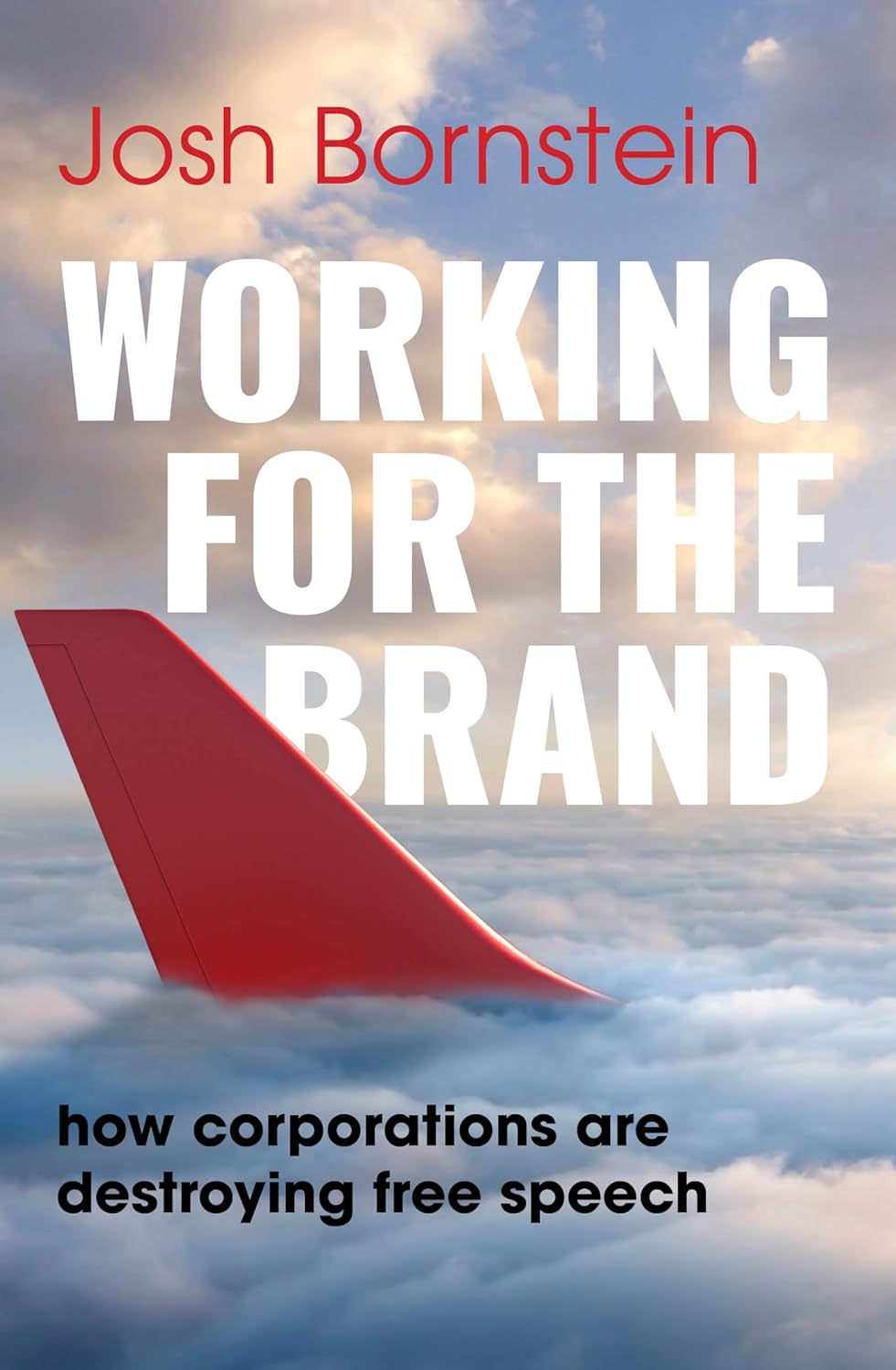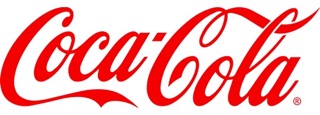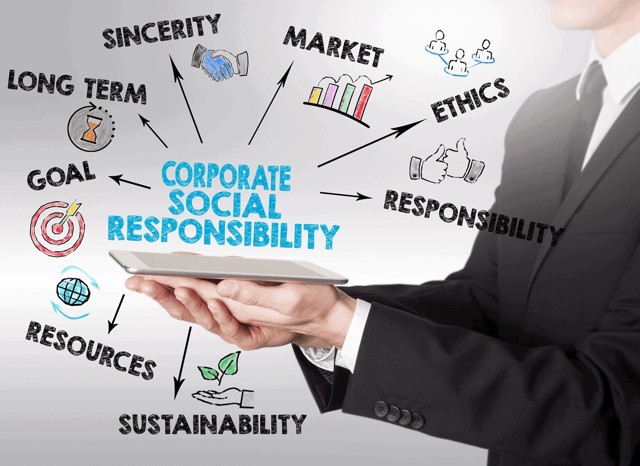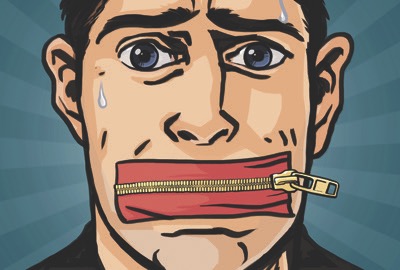
Reviewer: Brian Martin
A book review published in The Whistle (Newsletter of Whistleblowers Australia), No. 121, January 2025, pp. 2-3
pdf of pp. 2-3
Josh Bornstein knows what it’s like to have his reputation come under attack. During the worst onslaught, someone assumed his identity online, made several posts and then submitted an article that was published in The Times of Israel. It was an anti-Palestinian rant. People around the world piled on, condemning the real Josh Bornstein, who lives in Australia. After The Times of Israel was informed about the fraud and published a correction and apology, the article continued to be circulated online, leading to further attacks.
Bornstein is a lawyer who has handled numerous free-speech cases. He has a wide network of contacts. Even so, he found it difficult to get officials to find the perpetrator of this and several other frauds targeting him. The police at first didn’t want to do anything. Eventually, they arrested a man in Florida, who had single-handedly defamed many others besides Bornstein.
Not everyone is as well-connected as Bornstein and able to deal with attacks. By the same token, not everyone is as high-profile as him and therefore a prime target. Yet it doesn’t take much to trigger an online pile-on.
Let’s go back a step. In Australia and many other countries, civil liberties are prized. These include being entitled to vote, run for office, hold meetings, choose one’s religion — and have free speech. However, these freedoms are seriously limited in one important domain: work. On the job, there are few democratic freedoms, no right to choose leaders, organise opposition parties — and no free speech. It’s like when you’re in a public place, you have civil liberties, but as soon as you go through the factory or office door, you don’t.
In most discussions of civil liberties, the workplace seems to be forgotten. But there have been a few authors who have highlighted the absence of free speech at work, including David Ewing in his 1977 book Freedom Inside the Organization: Bringing Civil Liberties to the Workplace, Bruce Barry in his 2007 book Speechless: The Erosion of Free Expression in the American Workplace, and Elizabeth Anderson in her 2017 book Private Government: How Employers Rule Our Lives (and Why We Don’t Talk about It). Now there is a new contribution to this important issue, far more readable than its predecessors, and with a focus on Australia: Josh Bornstein’s Working for the Brand: How Corporations Are Destroying Free Speech.

Bornstein is an Australian lawyer with decades of experience defending clients in free-speech cases. He draws on that experience and his knowledge of free-speech issues in Australia, Britain, the United States and beyond.
Bornstein’s important contribution to the discussion concerns the role of brand management. Large organisations — for example, Qantas and Coca-Cola — depend on their reputations.

Many people will choose to fly Qantas or drink a Coke simply because of their names, even when another airline or cola provides an almost identical experience. It’s like preferring the proprietary brand of a drug over a cheaper generic drug, even though their chemical contents are identical.

Corporate managers are highly sensitive to threats to their brands, and this means they are willing to muzzle workers who cause trouble. Imagine working for a university, where you’re supposed to have academic freedom, and making a few tweets or Facebook posts that offend some group. If hostile campaigners decide to attack, they can mount a scare operation, with your comments taken out of context and condemned in the mass media (most commonly, in Australia, the Murdoch media) and social media. A hurricane of abuse is directed at you and, more potently, at the university. If you’re lucky, university managers will defend you, asserting the importance of academic freedom. But if you’re unlucky, like Peter Ridd at James Cook University or Gerd Schröder-Turk at Murdoch University, you may be hung out to dry.
The same pattern prevails in other domains, including government employment, private enterprise and the media. Bornstein tells one story after another, many from Australia, others from the US and Britain.

It used to be that an employee could have a life outside of work, but that has changed with the advent of social media. Something you said or did 20 years ago can be dredged up, splashed over social media and used to discredit you. Employers are so sensitive to threats to their reputations, to their brands, that many of them acquiesce to the mob, cutting loose their hapless workers for something they said or did that had little or nothing to do with their job.
There has never been freedom of speech on the job, but now there is a new, insidious dimension. Most employers require workers to sign employment agreements that say harming the reputation of the organisation is not allowed. Bornstein says these agreements are unacceptably vague. What can happen is that a single tweet or post, maybe provocative, humorous or just innocuous, is seized upon by opponents and used to foster a storm of protest, with demands to sack the worker. The employer can interpret this as damaging the brand and use it as a pretext for dismissal. Bornstein has defended many workers who have been targeted this way, and has had many wins. But even when the worker survives the online assault, a message is sent to other workers: the only way to be safe is to say nothing at all. Brand management in this atmosphere is a process of silencing criticism, largely through self-censorship.
Bornstein sees the rise of silencing to protect the brand as linked to neoliberalism, in which governments outsource many of their traditional functions to private firms whose driving purpose is increasing shareholder value, as well as enriching top executives. The consequence is that the interests of workers are sacrificed. This is not a good look. To give the appearance of benevolence, corporate leaders engage in what Bornstein calls “ethics-washing.” This is promulgating high-sounding principles and supporting units that ostensibly promote them as a means of discouraging regulation. An example is corporate social responsibility (CSR), which is a thriving field to push corporations towards serving the public good.

Despite the sincerity of CSR advocates, the whole enterprise, according to Bornstein, achieves little in practice, mainly serving to give a misleading signal to workers, shareholders and the general public that the corporation is operating ethically. He gives numerous examples of ruthless corporate leaders, for example Alan Joyce, for many years CEO of Qantas, who sacked staff, failed to update the fleet and took home a huge package. CSR seemed to have little impact.
In the US, another form of ethics-washing is the corporate use of social-justice language, promoting diversity-and-inclusion initiatives. This sounds nice but its purpose is to counter unionisation.
Meanwhile, workers are muzzled by employment contracts that require not doing anything that might hurt the corporate image.

So while someone like Joyce can do massive damage, it is lower-level workers who both suffer and are penalised if they speak out. Bornstein is scathing about the double standard involved.
“It is difficult to reconcile morals clauses imposed on employees with the behaviour of a corporation that shifts its profits to notorious tax havens, subverts labour standards and suppresses wages, sells harmful goods or services, or falsely claims to be a carbon-neutral operation.” (p. 50)
In even more blatant hypocrisy, managers have decided the corporation does not have to follow its own rules: “… virtually all employment contracts in Australia provide an exemption to the employer from having to comply with its code of conduct and other workplace policies. When commerce and morality collide, there can only be one winner.” (p. 53)
Many whistleblowers are familiar with gagging clauses. When they suffer reprisals and seek compensation, they are given the choice between a ruinously expensive court struggle or a settlement. The settlement is attractive financially but comes along with the requirement to sign an agreement not to speak out about the terms of the settlement and, often, anything about what happened.
What Bornstein describes is an expansion of this gagging process to much of the workforce, pre-emptively giving employees a choice: never say anything that might potentially embarrass the company, or risk losing your job.

Josh Bornstein
In a sense, what Bornstein describes is a process of silencing that goes way beyond whistleblowers to just about any worker who speaks out on any topic that offends some interest group. He argues for trade unions as a counterweight to management, but it’s a challenge because employers have been using dirty tricks against unions, whose membership has been in decline for decades. In another double standard, large corporations regularly defy the law when they act against unions, but enforcement and penalties are limited.
Authoritative, filled with examples and insights, Working for the Brand is one of the most important contributions to understanding the clash between free speech and organisational power.
Brian Martin is editor of The Whistle.
Brian Martin's publications on suppression of dissent